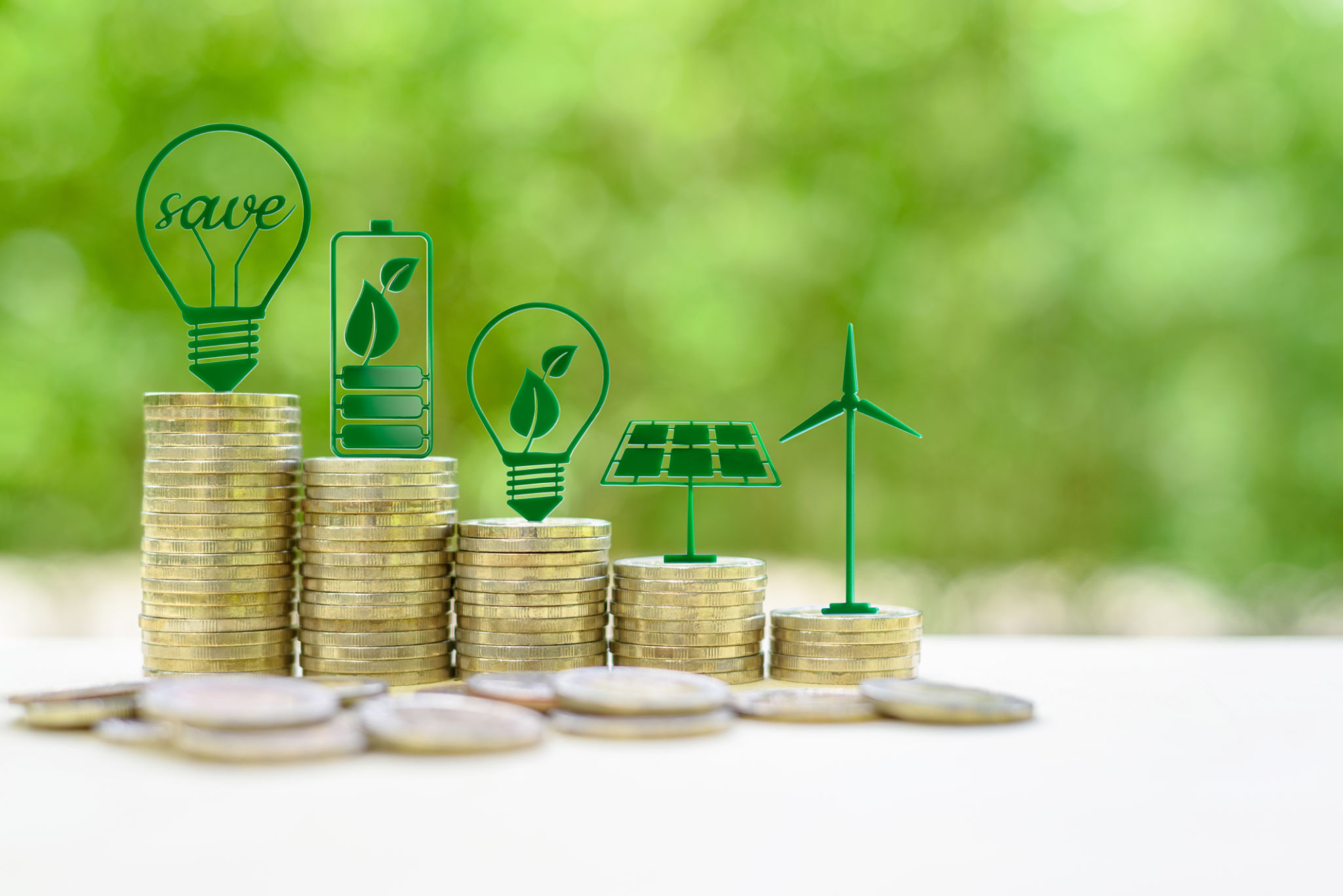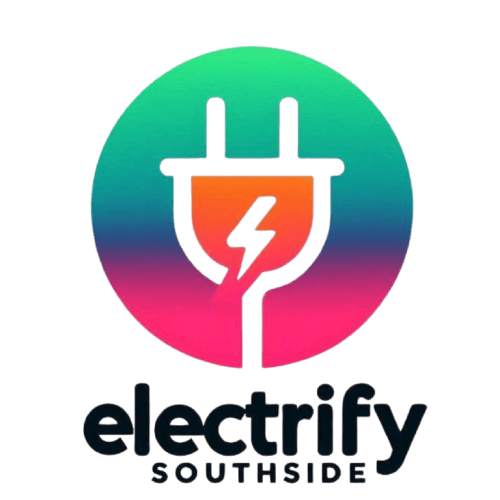Renewable Energy Myths and Facts: What Every Community Should Know
Understanding Renewable Energy
Renewable energy is often surrounded by misconceptions that can lead to confusion or skepticism about its viability. Understanding the facts about renewable energy is crucial for communities considering a shift towards more sustainable power sources. This post will debunk common myths and provide important insights into the benefits of renewable energy.
Myth: Renewable Energy Is Too Expensive
One of the most prevalent myths is that renewable energy is prohibitively expensive. While it is true that initial setup costs can be higher, the long-term savings are significant. For instance, solar panels and wind turbines have minimal operational costs once installed, leading to lower utility bills over time. Moreover, many governments offer incentives and tax credits to offset these initial expenses.

Fact: Renewable Energy Can Be Cost-Effective
The cost of renewable energy technologies has dropped dramatically over the past decade. According to industry reports, the cost of solar energy has decreased by more than 80%, and wind energy costs have fallen by over 50%. These reductions make renewables increasingly competitive with traditional fossil fuels.
Reliability and Efficiency
Another common concern revolves around the reliability and efficiency of renewable energy sources. Skeptics argue that sunshine and wind are not constant, making renewables unreliable compared to fossil fuels. However, advancements in technology have significantly improved the efficiency and storage capabilities of renewable energy systems.

Myth: Renewables Cannot Meet Energy Demands
Some believe that renewable energy sources cannot meet the entire energy demand of a community. In reality, combining different types of renewables, like solar, wind, and hydroelectric power, can create a balanced and reliable energy supply. Energy storage solutions, such as batteries, further enhance this reliability by storing excess energy for use during low production periods.
Fact: Renewables Contribute to Energy Security
By diversifying energy sources, communities can increase their energy security and reduce dependence on imported fuels. This diversification also mitigates the risks associated with fuel price volatility, making energy costs more predictable and stable for consumers.

Environmental Impact
The environmental benefits of renewable energy are well-documented, yet misconceptions persist about their overall impact. Renewable energy sources produce little to no greenhouse gas emissions during operation, which helps combat climate change and reduces air pollution.
Myth: Renewable Energy Requires Too Much Land
Some argue that renewable energy installations take up too much space, impacting land use negatively. While it's true that some projects require significant land, innovative solutions like offshore wind farms and urban solar installations maximize energy production without encroaching on valuable land resources.
Ultimately, understanding the facts about renewable energy helps communities make informed decisions about their energy future. By embracing clean and sustainable power sources, we can work towards a healthier planet and a more resilient energy system for all.
